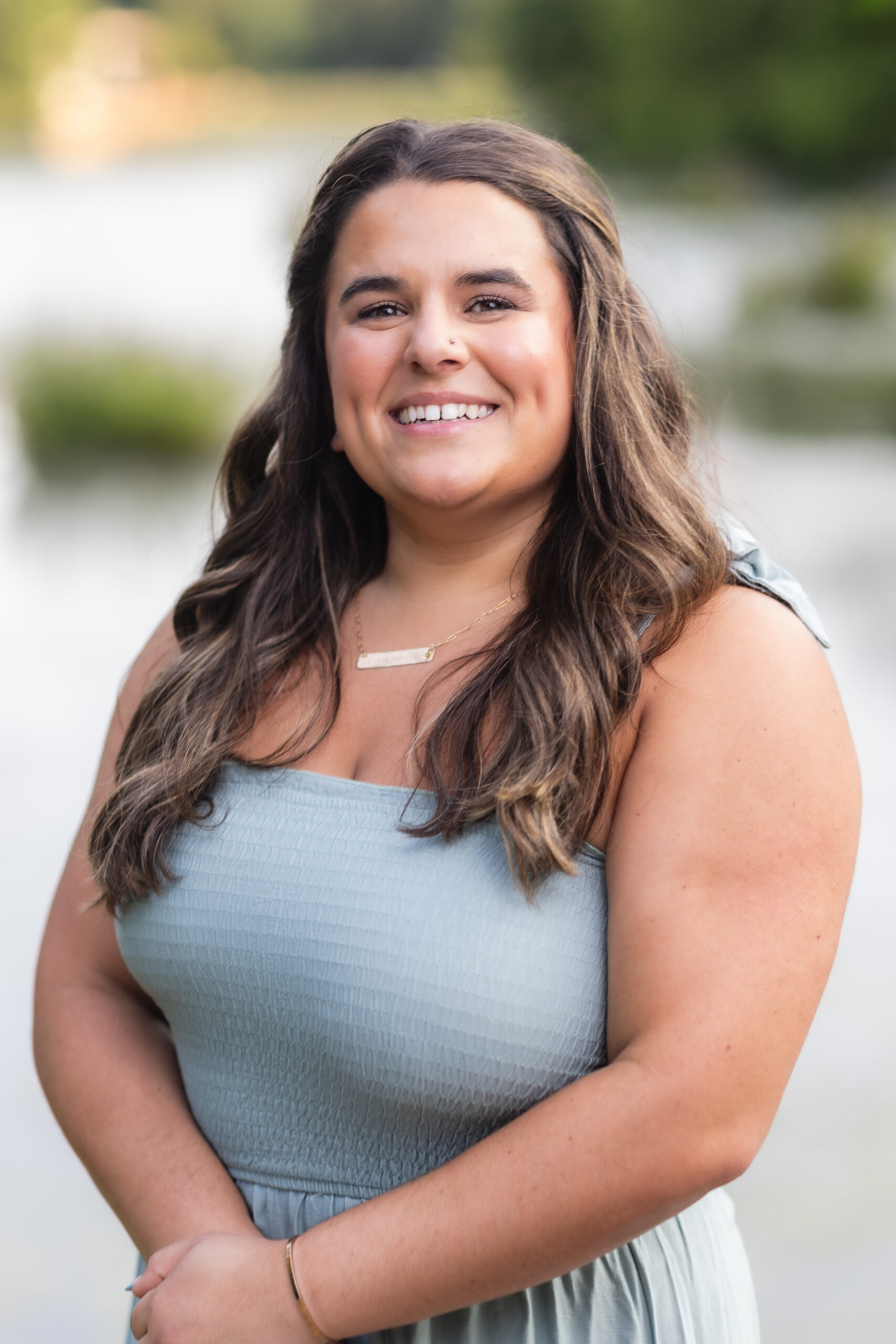Now I might be a little biased, but I firmly believe that everyone, regardless of their age, gender, eating disorder history, medical history or goals could benefit from seeing a Health at Every Size (HAES) medical provider. The benefits of a HAES provider is having someone that looks at you as a whole person. Not just your weight, diagnosis, lab values, activity level, or eating habits. HAES providers support body diversity, and believe in access to individualized and respectful care for all folks. While this is beneficial to anyone, it is especially important for someone struggling with an eating disorder. Whether you are a provider trying to help find referrals for a client. An individual looking for help for yourself. Or a parent looking for support for your child. Here are 6 things to look for when searching for a HAES eating disorder provider.
1. Non Diet Approach
A HAES eating disorder provider should be working with clients on things to ADD to your diet, rather than things to limit. Their focus should be on eating enough to fuel one’s lifestyle, which can vary day to day, rather than sticking to a specific amount of food each day. You might see or hear the phrase “all foods fit”. Or have conversations about what to add to meals that you are currently having and enjoy. You will never hear a HAES eating disorder dietitian tell someone to cut out a food, unless it is expired, or one is allergic to it.
2. Weight Neutrality
A HAES eating disorder provider will never link health or wellbeing to a specific body size. In eating disorder treatment, weight is a data point but not the center of recovery. If a provider says they treat eating disorders, are HAES aligned and also do weight management, this is a red flag. A true HAES provider will not also do weight management. HAES eating disorder providers will never shame someone for wanting weight loss, but this will not be something they directly prescribe. HAES eating disorder providers take an individualized approach to care. And a HAES provider will not give someone in a larger body different recommendations only because of their size.
3. Respect for Autonomy
An eating disorder provider’s role is to support you in your recovery. Help with accountability. Provide you with tools, resources and information to help you as you move through your recovery journey. But they are not there to do it for you. Or to force you to do anything. While recovery is difficult and the eating disorder can benefit from being challenged with the help of your eating disorder dietitian, this is your recovery journey, not anyone else’s. And your autonomy is important. A HAES eating disorder will meet you where you’re at and help you process any fears or ambivalence in the recovery process. HAES eating disorder providers recognize that there is no set time line for recovery. And will work with you to take even the smallest steps to fight back against the eating disorder.
4. Inclusive Website Language
HAES eating disorder providers will use affirming language to talk about bodies, recovery and eating habits. You will never hear a HAES aligned eating disorder provider assign moral value to food. This means no labeling foods as “good” or “bad” or “healthy” or “unhealthy”. And you definitely won’t hear the word “junk food”. Words like o*esity and overw*ight will also not be used to describe bodies. Someone might have HAES on their website, but keeping an eye out for other language used can be helpful to add reassurance about the philosophy of the provider.
5. Eating disorder specialization
Not all HAES providers have experience with eating disorders, and not all eating disorder providers practice from a HAES perspective. But the good news is, there are providers who treat eating disorders from a HAES perspective. I firmly believe that the only way to ethically treat an eating disorder is from a HAES lens. When a provider specializes in eating disorders, this is typically the majority of their case load. Eating disorder specialized providers prioritize getting continuing education in eating disorder treatment modalities, and keeping up with the latest research in the world of eating disorder treatment in order to provide the best care possible.
6. Trauma Informed
People with eating disorders often have also experienced trauma. Trauma can show up in many different ways. And everyone is impacted by trauma differently. If you (or your client, if you’re a provider) have experienced trauma, having a trauma informed, or trauma specialized, provider can be a great addition to the treatment team. It is often thought that you must address one before addressing the other, or treat one at a time. Providers who are both trauma and ED informed can help you to process trauma while simultaneously treating your eating disorder.
Final Thoughts on Searching for an HAES Eating Disorder Provider
Adding a provider to your care team can feel overwhelming, scary and vulnerable. I hope that these tips can help you in streamlining your search process. If you currently have a provider that you really trust, you can also ask them if they have any trusted referrals. All of our providers here at Courage to Nourish are HAES aligned and eating disorder specialized. You can reach out to learn more and see if we are a good fit here. We can also help you find HAES/Eating Disorder providers in other specialities. On top of all of these factors, one of the most important things to pay attention to when searching for an eating disorder/HAES provider is your intuition. You are the one who is going to be working with this provider, and at the end of the day, your connection with them is imperative to the work you will do and the progress you will make.
Contact Us
Courage to Nourish is a group of eating disorder specialized dietitians. We have in person locations in Alexandria, Virginia, Columbia, Maryland and College Park, Maryland. We offer virtual services across the state of Virginia, Washington DC, Pennsylvania, and Colorado. We offer individual nutrition therapy. As well as support groups. We would love to guide you in building a better relationship with food.
Contact us for more information. And to schedule a discovery call. Also, sign up for our client or clinician newsletter!

Kathryn is a weight-inclusive, anti-diet eating disorder dietitian at Courage to Nourish. She specializes in working with adolescents and families, athletes, and individuals recovering from ARFID. Kathryn sees clients in person at the Columbia, Maryland office and virtually throughout Virginia, Pennsylvania, DC, and Maryland and Florida. To schedule a discovery call with Kathryn, click here.

